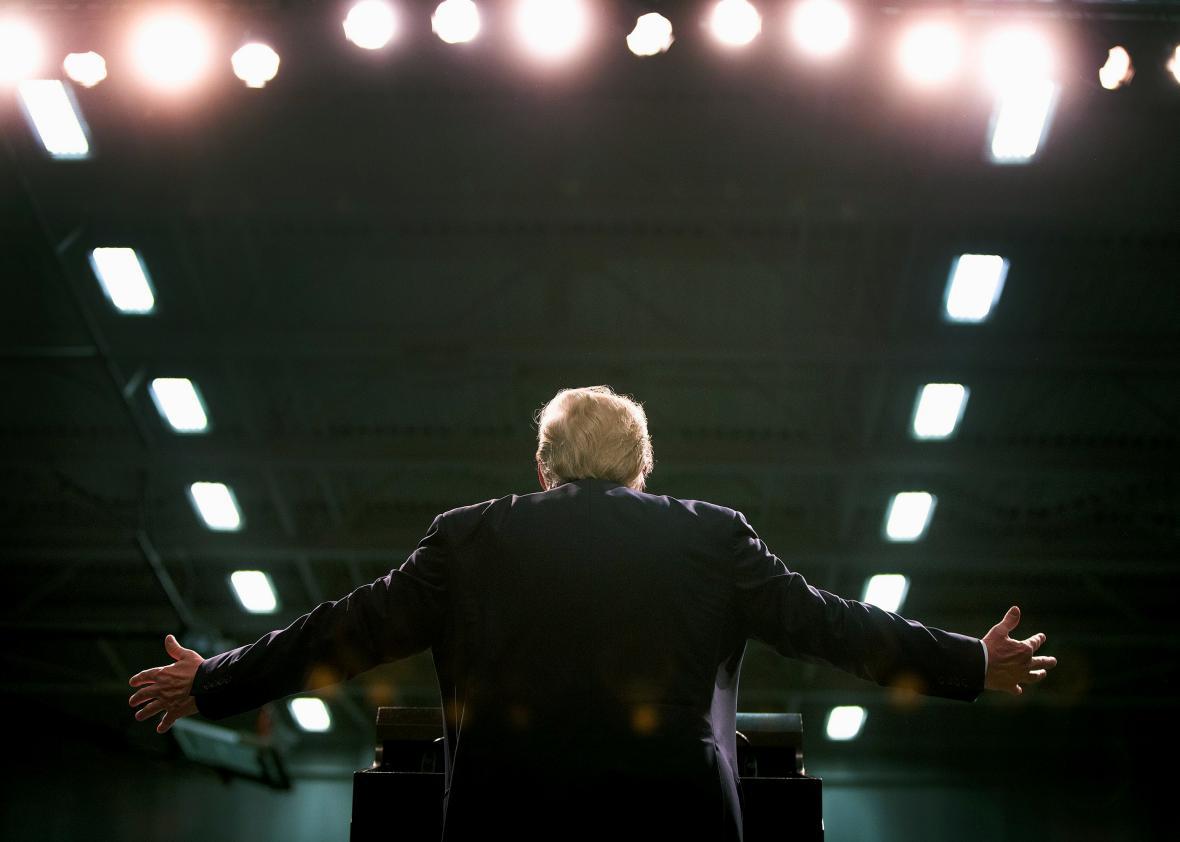Donald Trump has racked up one victory after another this year and built a nearly insurmountable lead in the Republican delegate race in the process. Despite that, the #NeverTrump wing of the GOP hasn’t given up hope. If they can move en masse behind Ted Cruz, their working theory goes, the Texas senator would win enough of the outstanding delegates to block Trump from claiming the majority he needs, forcing a contested convention where pretty much anything could happen.
Could it work? Maybe! The establishment isn’t the monolithic entity its name implies, but there are now signs of an emerging Cruz-not–John-Kasich consensus among party elites, particularly now that Kasich has already served his Trump-blocking purpose in Ohio. The problem? That’s the easy part of the two-part contested convention plan. Even if party powerbrokers can force Kasich from the race, they’ll still need to convince his real-life Republican supporters to instead vote for Cruz. That won’t be nearly as easy as the anti-Trump crowd likes to pretend, as a pair of new polls out Wednesday illustrate.
When Quinnipiac pollsters asked non-Trump GOP voters to name their second choice this week, 46 percent of Kasich supporters chose Trump compared to only 37 percent who opted for Cruz. (Meanwhile, 56 percent of Cruz supporters said they’d vote for the celebrity billionaire compared to only 25 percent who said they’d do the same for the Ohio governor.) It’s possible that the survey will prove to be an outlier—two polls conducted earlier this month that asked about a hypothetical head-to-head matchup between Trump and Cruz favored Cruz—but the Quinnipiac results illustrate a phenomenon I’ve been harping on for a while now, which is that the Republican electorate can’t be so neatly divided into Trump voters and anybody-but-Trump voters.
For some Republican voters, it’s entirely possible to want Jeb Bush or Marco Rubio to be president but then, later, once their chosen candidate has called it quits, to decide to back the very man who forced Bush and Rubio from the race. Voters are just people, and people don’t always do what you expect. Some voters are informed, some are not; some are informed and act against that information, some are uninformed and still end up acting how you would expect them to if they were informed. Humans, they’re just like us!
More traditional preference polls tell a similar story. Speculating about Trump’s polling ceiling was pundits’ favorite parlor game last fall. But the latest RealClearPolitics average has Trump at 44 percent, 7.5 points higher than he was at any point last year. (Similarly, his favorability rating remains abysmal, but it’s less abysmal than it once was.) The Republican Party can take solace in the fact that Trump’s national support still hasn’t cracked 50 percent—and, of course, that the nomination is decided by a series of individual state contests, not a national election—but 2016 has already proved that Trump is becoming an acceptable choice for an increasing number of Republican voters, at a time when he’s run toward the extremes, not the center. Many still may not love the man, but a plurality of them continue to choose him over their other options, even as the number of alternatives has dwindled from 16 to 3 and possibly a hypothetical 2.
If that wasn’t concerning enough for the #NeverTrump movement, a second poll out Wednesday paints a different but similarly dark picture. Monmouth pollsters asked likely Republican voters what they’d like to happen in the event that Trump arrives in Cleveland with the most delegates but not the majority he needs (aka the only way Trump could be realistically denied the nomination). The results: 54 percent said they’d like to see Trump as the nominee anyway. That’s 13 points higher than the percentage of those same respondents who named Trump as the candidate they most want to win the nomination. The Republican Party may still want to deny Trump, but the survey suggests a majority of Republican voters no longer do.
Elsewhere in Slate:
